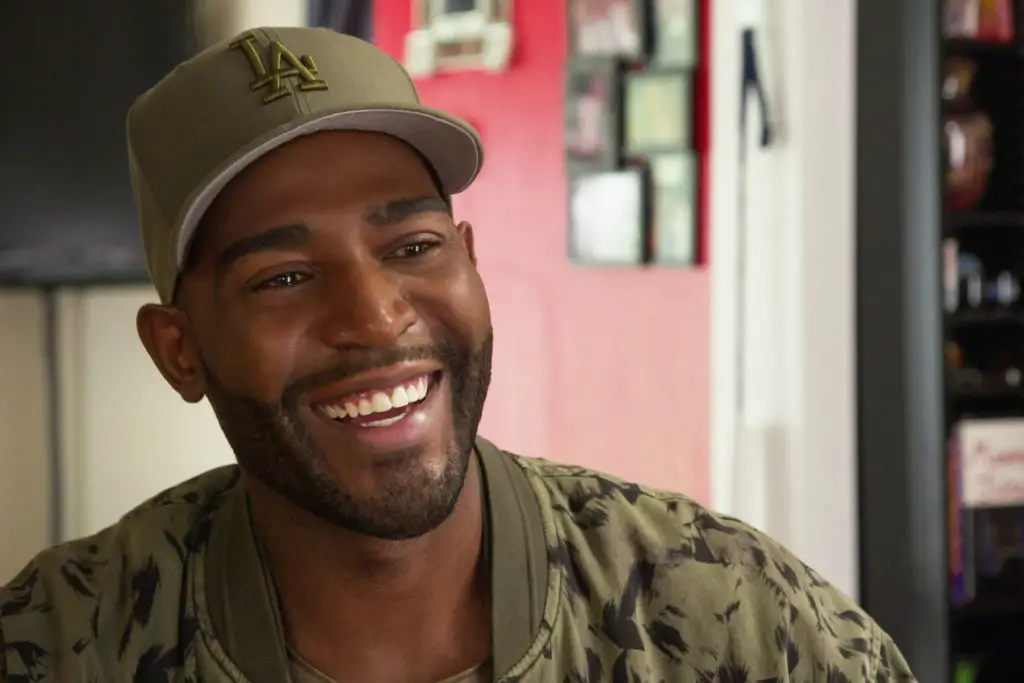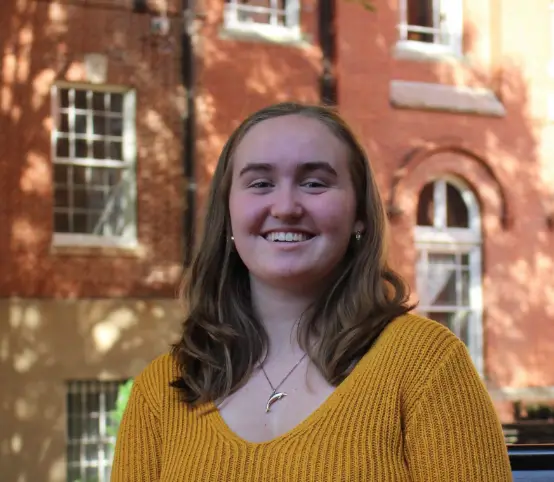It’s Karamo Brown to the rescue once again, and honestly, is anyone surprised?
This time there’s a serious topic on the line, which Brown obviously has handled with the same grace he has when he’s gently coaxing shy men out of their shells. The topic in question? How deaf or hard of hearing (HoH) fans of “Queer Eye” are experiencing the Netflix hit.
For deaf or HoH people, subtitles are one of the ways that movies and TV become more accessible. They’re available for “Queer Eye,” which is good, but there are a few problems with them.
The most important of these problems? The subtitles sometimes don’t reflect the content of the dialogue. Specifically, when someone in the show curses, censors edit the captions to exclude the profanity, meaning the dialogue is often shortened or changed.
These changes mean that deaf and HoH people have a different experience of the show’s content and that people who rely on subtitles have their experience involuntarily altered. Many also find this censorship condescending.
Brown picked up on the fact that people were discussing this topic on Twitter and jumped into action. “I don’t know how much power I have,” he tweeted, “but know, the next time I’m at Netflix I’m going to bring up this issue internally & wont stop until something changes. Deaf & HOH people should have the same experience as everyone else!”
Reading everyone’s comments breaks my heart. I don’t know how much power I have but know, the next time I’m at Netflix I’m going to bring up this issue internally & wont stop until something changes. Deaf & HOH people should have the same experience as everyone else! #TypoFixed https://t.co/AQ4emvgUBv
— Karamo (@Karamo) June 28, 2018
This advocacy aligns with the new “Queer Eye” cast’s emphasis on inclusivity, as any movement for LGBT+ acceptance should also advocate for other marginalized groups.
Whereas the original version of the show (“Queer Eye for the Straight Guy”) featured the Fab 5 working mostly with straight men in the New York City area, now the cast works in the significantly more conservative state of Georgia and have made over women, other gay men and a trans man.
Brown himself said it best to The Hollywood Reporter when he said he “want[s] to keep pushing the boundary of people [the Fab 5] are helping because there are so many people who don’t feel seen.” Part of that inclusivity, for him, is including disabled “heroes” on the show.
Brown’s not all talk, either. He frequently posts videos of himself talking, which he recently altered so that they would have their own subtitles. He speaks in one of his videos about making small changes in his life that will help increase the accessibility of his message.
Activists and others are behind Brown as he hopefully goes through with his commitment and works to make the show more accessible to everyone. His influence and celebrity status are strong weapons in the fight for greater accessibility in media.
Who knows? Maybe the next move for the entertainment industry is to finally address captioning in movie theaters as well. What we know for sure is that Karamo Brown is once again pushing someone to do better — it’s just that, this time, the “someone” is all of pop culture.

















